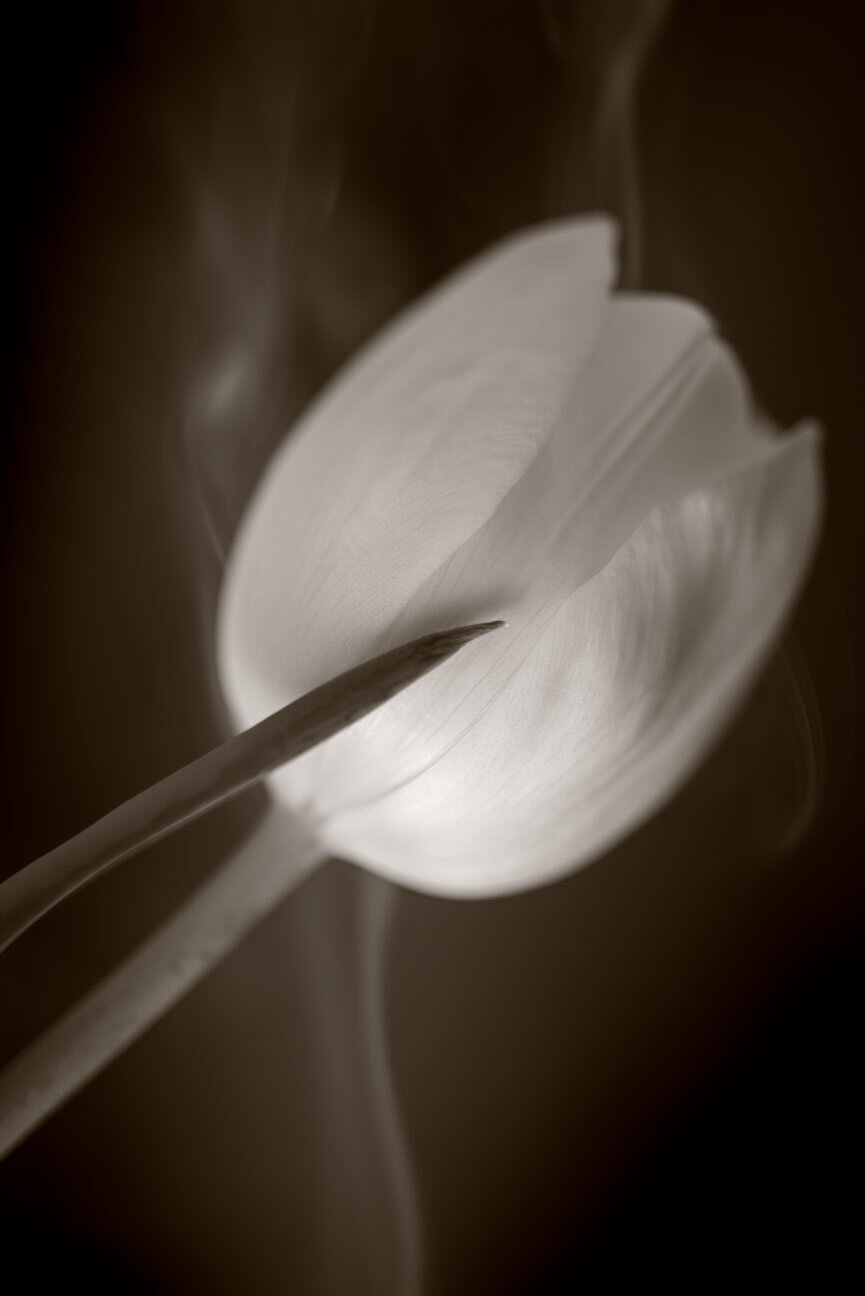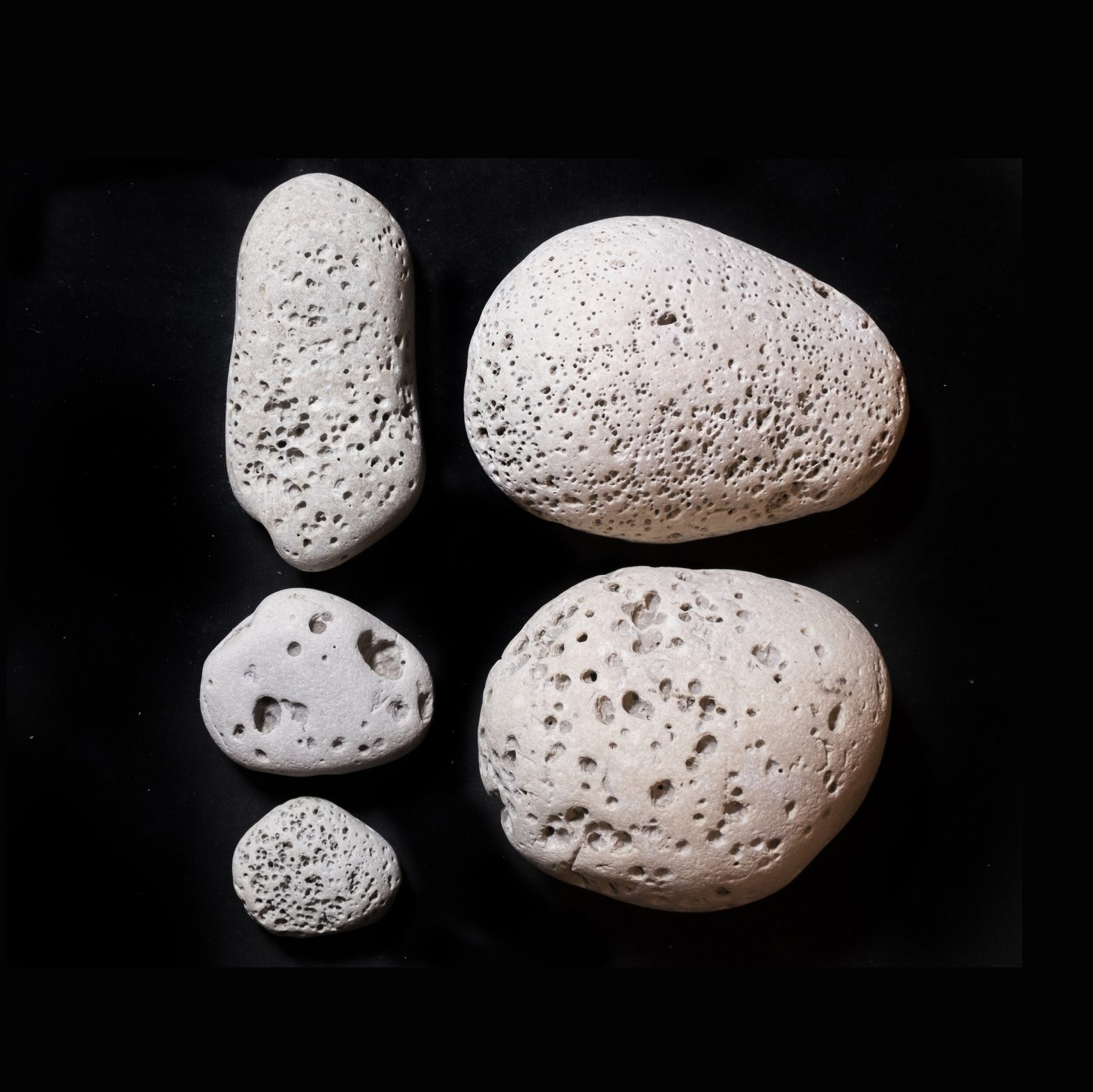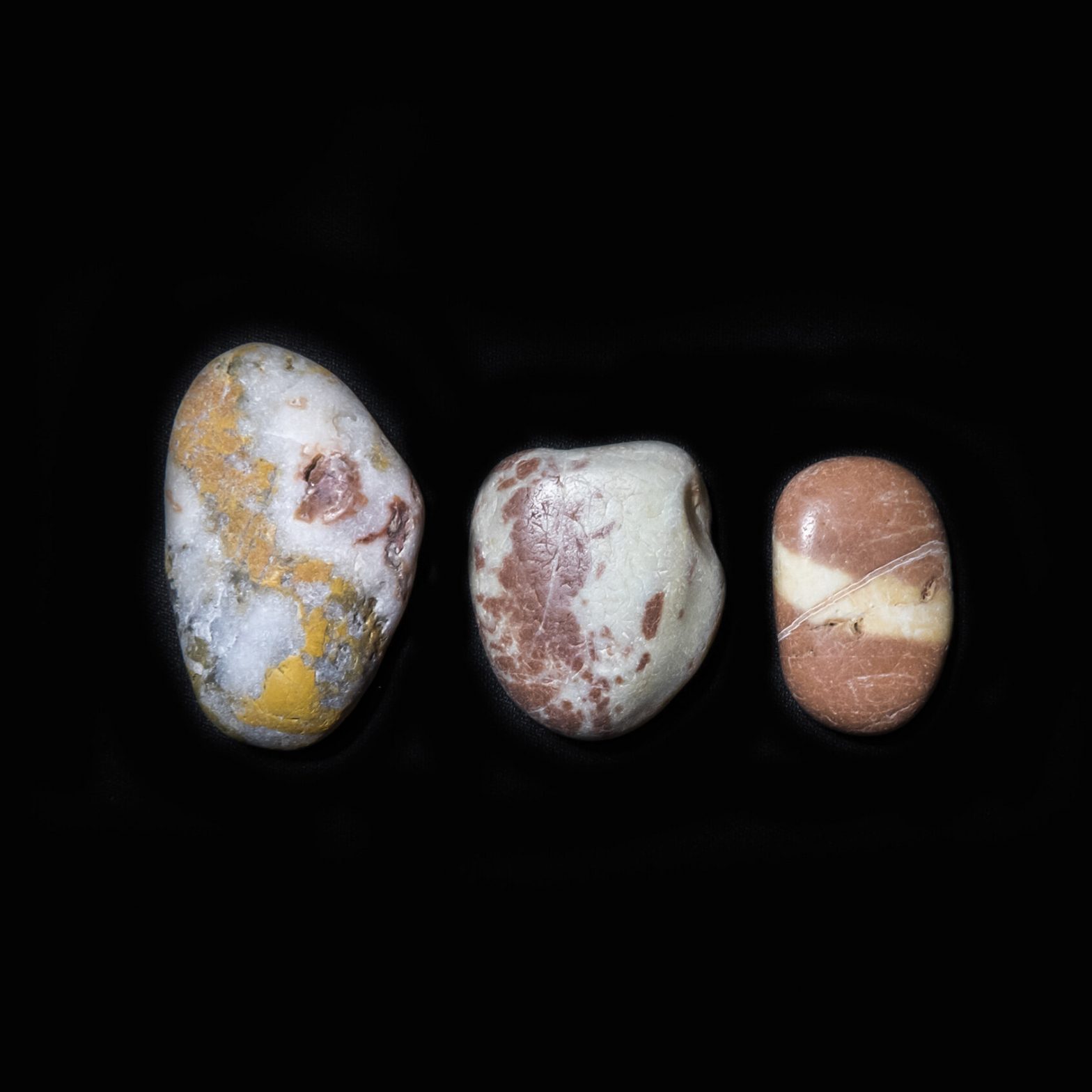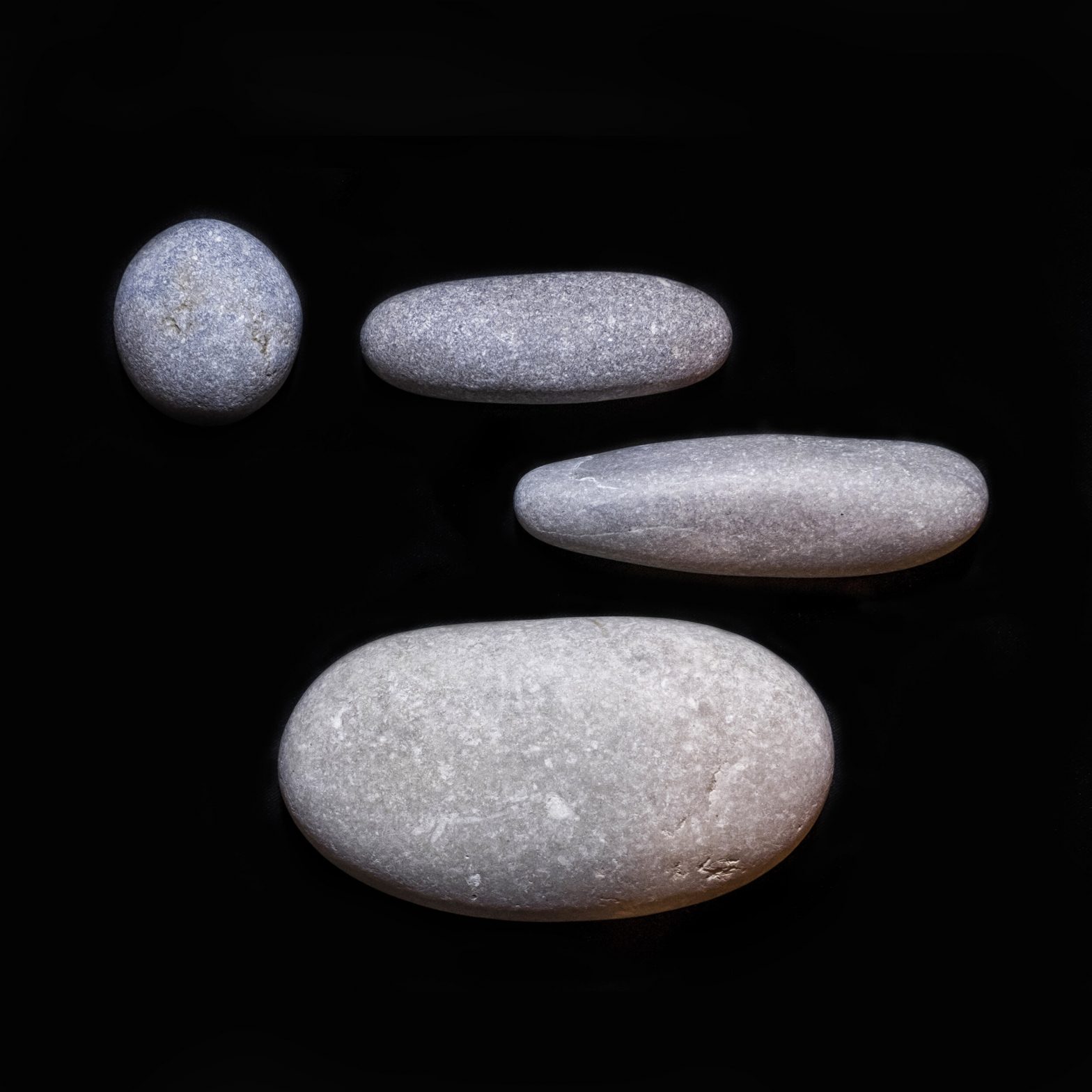Whole Milk
I had just given too much blood when I first met him, had to lie down on a stretcher and drink Martinelli’s apple juice until they asked me if what I saw was dark blue anymore. And he was next to me, his hair all tufted to one side as he lay there staring.
“What’s your name, kid?” he asked me. And I went off about how we weren’t in some romantic comedy with some bullshit name like “The Sun’s Kisses” and were probably the same age. He looked younger than me, though-–his skin like whole milk–he introduced himself as Tommy. I reached my hand out toward his stretcher and he looked at it for a long while before receiving it.
“I’m Lucy,” I said. He had the saddest eyes I’d ever seen, and he pointed to a smaller, thinner version of himself sitting across the elementary school gymnasium.
“That’s my brother,” he said. And I knew he was sick, could tell by the grey-blue underneath his eyes, the lack of fullness in his cheeks. Tommy passed me his apple juice.
“They won’t let me leave until I finish it,” he said. And so I drank and watched the nurses carefully walk around with bags of blood.
“That’s yours,” I said, pointing to one of the bags held underneath the arm of a nurse passing by. She stared at the apple juice in my hand. She was on to us.
“How do you know?” he asked.
“It looks just like the others,” I said.
Tommy was allowed to leave before me and passed me his phone.
“Can I have your number?” he asked, and I put myself in his phone as a syringe emoji.
“I’ll text you,” he said, and smiled before grabbing his brother and leaving.
It was December in Detroit and the parking lot was iced over by the time I was allowed to leave.
“Thank you for donating,” the man at the door said as I walked out the back of the school.
Tommy texted me, asking me to get dim sum the next week. I said yes, even though I had been taught by my mother to never say yes right away. He seemed perfect.
“You’ve never had dim sum before, have you?” Tommy asked when I missed my mouth with the chopsticks and the steamed shrimp dumpling.
I said, “Yeah, I’m usually better with my chopsticks.”
I imagined what it would be like to hold him.
We were stuck in my car when Tommy and I first kissed. It was February and the snowstorm had us stuck on Jefferson for hours. He kept exhaling onto his hands and then rubbing mine up and down and we just sat there like that, the snow piling onto my windshield.
“I can’t see anything,” I told him.
“You can see me,” he said, and it was corny, but I could.
Tommy looked at me with the widest green eyes I had ever seen and I wanted to squeeze his cheeks, to tell him that I loved him even though I didn’t. I didn’t love him then.
I wanted to say that I was sorry about his brother, that I wanted to mend something in him, but I didn’t know how. Instead I only said, “I do see you.” That was enough. Tommy pressed his thumb to my cheek and smiled without showing his teeth like he always did after that. And he kissed me. I remember feeling like that kiss was exactly how it was supposed to feel: like nearly drowning.
We were at the Saint Joan of Arc fair when Tommy got the call that Michael had passed. He had just won a person-sized stuffed whale and we had cumulatively eaten three elephant ears. He got the call and I watched him throw his phone off the carousel. We had to wait until the music stopped, until our pastel horses ceased their up and down motion. His phone hit a kid and he had to apologize between sobs saying, “I’m sorry… my brother.” The kid seemed fine, handed Tommy his cracked phone.
The funeral was open casket and I remember us both looking at Michael for so long. Tommy was probably going through all of the memories in his head of growing up with this great little brother, of them riding bikes with no helmets to Jerry’s for red slushes, of getting into fights over girls on the block. I remember thinking about the logistics of emptying the dead body of its blood and filling it with saline.
Later that evening after his mother had cried into my hair, Tommy told me that he didn’t have any good memories with Michael before he was sick, that he was a bad guy before.
“You weren’t,” I said. “You weren’t bad.”
“I need to tell you something,” he said.
We lay down next to each other in Tommy’s bed and I held him.
“Lucy,” he said. “When Michael got sick, I wanted to be a better person. It made me realize some shit. . . .”
“Like?” I probed.
“I couldn’t keep living the way that I was,” he said. “Let’s just say it was really bad.”
I said, “Let’s not just say that. Let’s say what we mean. . . .”
“Okay,” he started, making eyes at the ceiling. “Let me just give it to you plain and simple. I have this ex-girlfriend. Megan. She got pregnant when we were nineteen, okay? And, I mean, I didn’t have a stable job. I was living in my parents’ basement so, like, I couldn’t have a baby.”
I pressed my body tighter against Tommy’s. It was okay.
“Okay,” I said. “You were nineteen. You couldn’t have a baby.”
“Please just let me finish,” he said. “I didn’t just suggest that she get an abortion. She didn’t want to. I begged her. I pleaded. I fucking got on my knees one night and lied to her. I told her that it wasn’t our time to have babies yet, but in the future once we had our shit together we could try, like really try.”
I stared into his eyes. I was looking for something. I needed him to look back at me, to make me feel like he was still there, the Tommy that I had met after Michael got sick.
“I lied to her, though. And I brought her to the clinic and held her fucking hand and brought her home and when she called me that night I didn’t answer. And when I ended things a couple of days later, I told her the truth: the only thing that would make her hate me. I told her that I didn’t want children with her. Ever.”
He was silent for some time and I didn’t know what to say. I couldn’t imagine him acting this way. I couldn’t imagine him hurting someone.
“What changed?” I asked. “I don’t get it.”
He finally looked at me, tears in his eyes, and said, “Michael got sick.”
And it didn’t make much sense to me, but I held Tommy all night and hoped that he would never hurt me. I prayed for it to no god in particular.
I was at the hospital when I found out that I was pregnant four months after Tommy had told me about Megan. I had sliced my finger pretty badly while dicing carrots for soup for his mother. She wasn’t feeling well. And the doctor came in and relayed to me the news. I guess I should have known, should have felt something growing in me somehow. I always thought I would.
“When can I get it taken care of?” I asked the doctor. His eyes narrowed. Why would a woman in her mid-twenties, fully capable of caring for another human want to get it taken care of? That’s what he thought. I knew it.
“Okay,” he said, putting his clipboard onto the bed near my feet. “I assume that you’re aware of your options?”
“I’m aware.”
I always thought that I would want a baby more than I would want Tommy. But I wanted him.
Anyway, the doctor gave me my options. I remembered pulling at the paper sheet below me on the table at the hospital. I remembered hurting and wishing that Tommy was there holding my hand, but I didn’t want to be like Megan. I couldn’t be like Megan. I felt the baby leave my body and sobbed into my arm.
“Move in with me?” Tommy asked before leaving my apartment the morning after our one-year anniversary dinner.
“Me?” I asked, looking around my apartment, imagining whose bedspread we would keep, how I’d never have to use my body pillow in place of Tommy after a fight.
“No,” he said, laughing. “My other girlfriend.”
It had been five months since I got rid of our baby.
I moved in slowly. It took weeks. And we sold Tommy’s bed because mine was newer. The two men who came to pick it up wore hoodies and white-washed jeans. They smelled intensely of body odor and had a difficult time getting the bed down the stairs.
“You guys really have a nice place,” the one with the bluer eyes said. He shifted his weight from one leg to the other, leaning against the bannister.
“Thanks,” I said. “I’m a fan.”
“How long have you lived here?” he asked.
“Oh, I’ve been in Detroit my whole life,” I said. “But I’m just moving into this place now.”
“It’s nice,” he said and walked out the front door.
I wasn’t sure why I remembered that conversation so well. I didn’t tell Tommy about it.
The man’s eyes were so blue.
We were in our bed when Tommy told me during sex that he wanted to try.
“Try, yeah,” he said. “I’m sick of waiting for the perfect time. Now is perfect.”
And I let him cum inside of me that night and he propped my ass up onto a pillow.
“That should help, I think,” he said.
And Tommy kissed me all over and prayed out loud to some god that I didn’t know he believed in.
We weren’t married, but that was something that we didn’t want. He didn’t want. I wanted him.
It was four days before Christmas and I was almost three months pregnant when Tommy and I heard banging noises downstairs.
“Here,” he whispered. “Stay here, I’ll be back.” He passed me my phone from the charging dock and closed the bedroom door after him.
I sat up as he walked down the creaking stairs and then I stood up when I heard him scream. I opened the bedroom door and called to him, “Tommy!” I yelled. I kept yelling his name.
“Hello, what’s your emergency?” answered the dispatcher after two rings.
“There’s someone in my home!” I whispered. “Please send someone right now!”
The dispatcher instructed me to get into a room and lock the door. We had no locks on our doors. I shut the bedroom door and climbed into the closet, but when I heard footsteps coming up the stairs I knew it wasn’t Tommy.
I remembered seeing his blue eyes first between the crack in the door and I knew him. He had been in our home before, leaning against the bannister. It wasn’t the bed that he wanted this time, and it was never just the house that he liked.
“I know you’re in there,” he said, and I held my stomach. He opened the closet door slowly.
“Hi,” he said. And I wanted to scream, to ask why he was in my home, to kick him in the groin and to tell him that the police were on the way.
Instead, I said nothing as he pushed me onto the bed. I said nothing as he hurt me. He kept hurting me. I didn’t cry. I just closed my eyes and hoped that the baby would make it. I prayed for it to any god.
When the front door opened again, he climbed off of me and tried escaping through the window, but was caught halfway down the drain pipe by the police. I wasn’t okay. Tommy had been hit so hard on the head that he was unconscious when they found him. I wish I had been unconscious, too.
Tommy spoon-fed me ginger tea after I got home from the hospital and I didn’t want to leave the couch. I didn’t want to see our bedroom. He understood, didn’t make me walk upstairs. I was thankful.
I woke him up in the middle of the night. He looked happy to be there for me, his eyes hazy with sleep. They looked greener than usual, like lake water.
I said, “I’m really sad.”
“Me too,” Tommy said. “But I’m here. We can be sad together.”
He reached his arms across my body, landing his thumb on my cheek.
“I’m in love with your cheeks,” he said, and I cried.
“Do you think this is punishment?” he asked. “For Megan?”
Tommy hadn’t said her name since the night he told me, and I flinched.
“No,” I said. “And this isn’t about you. This isn’t about your mistakes.”
He couldn’t really understand what I had said. His eyes were huge and full of grief.
And I could tell that Tommy had wanted that baby.
We were yelling about the air conditioning when I almost told Tommy about what I had done. He wanted the goddamn thing off and I was sweating through my underwear. It had been fourteen months since I got rid of the baby. It had been six months since I lost the baby.
“We don’t need to spend more money!” he yelled. “We have a fan.”
I shrieked, “I’m so sick of this. I’m so sick of fighting about this with you. I want it on.”
“Well,” he said. “I want it off.”
“Fine,” I said. “I didn’t know you wanted babies.” It felt normal to me. It felt like what needed to be said.
“What?” he seemed calmer now as he asked me.
“I didn’t know you wanted babies. Not with me.”
“I told you I did. That night,” he said. “I told you that I wanted to try.”
“But Megan,” I said.
“Megan wasn’t the one,” he said, a certainty in his voice. “You are. You knowthat.” He stood closer to me and fingered my hair and his voice seemed sweet then. “What’s going on?”
I said, “I just thought that since we never talked about it, and since you didn’t want children with her, that you wouldn’t want that with me.”
“Doyouwant children?” Tommy asked, watching me with the sad eyes that I recognized from the blood drive.
“I want you.”
“That doesn’t answer it,” he said, and I wanted to tell him in that moment that I didn’t want to try again, that this whole thing, this relationship felt like we would be trying forever. I couldn’t try anymore. I couldn’t hold a life inside of me anymore.
“I lost our baby,” I said, and hunched over, crying.
“It wasn’t your fault,” he said, holding onto me.
“And what if it was?”
Laura Manardo is a current MFA candidate at Columbia College Chicago studying fiction. You can find her recent publications in the online lit magazines, Bone Parade and Cacti Fur. Earlier this year, she published a poetry chapbook titled “Lemon Water in Lake Michigan” through Grandma Moses Press which is available for purchase on their website.












